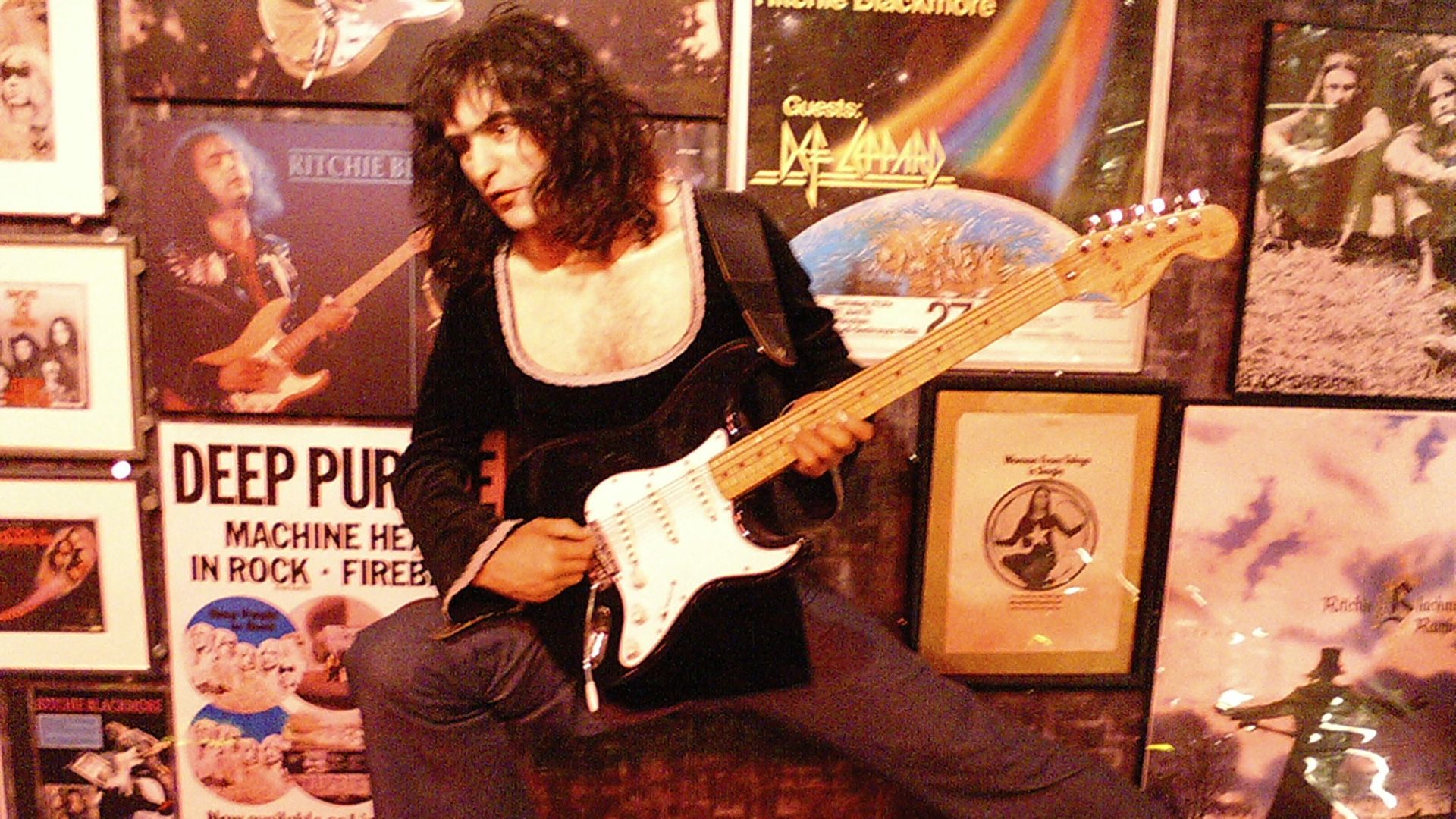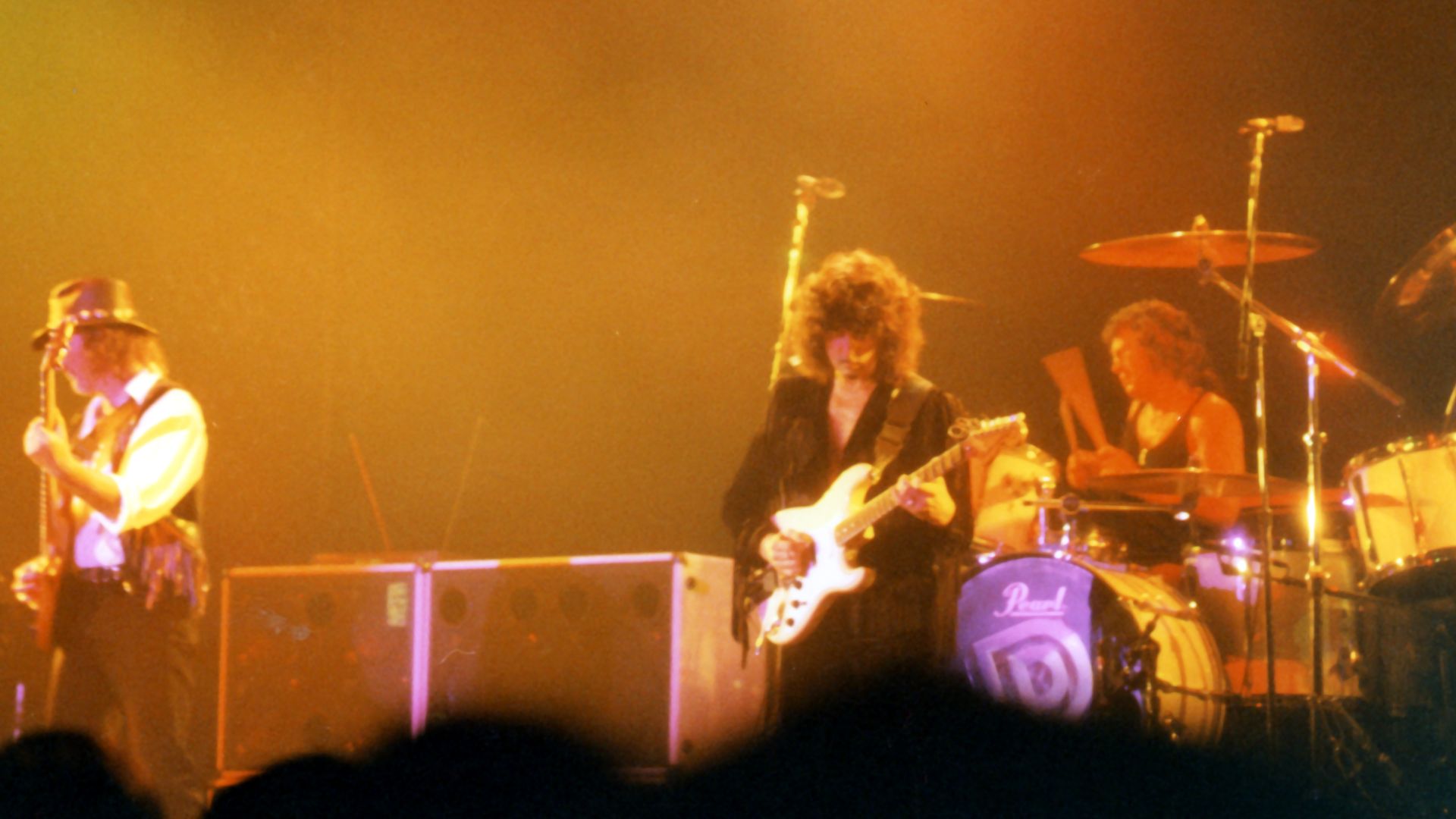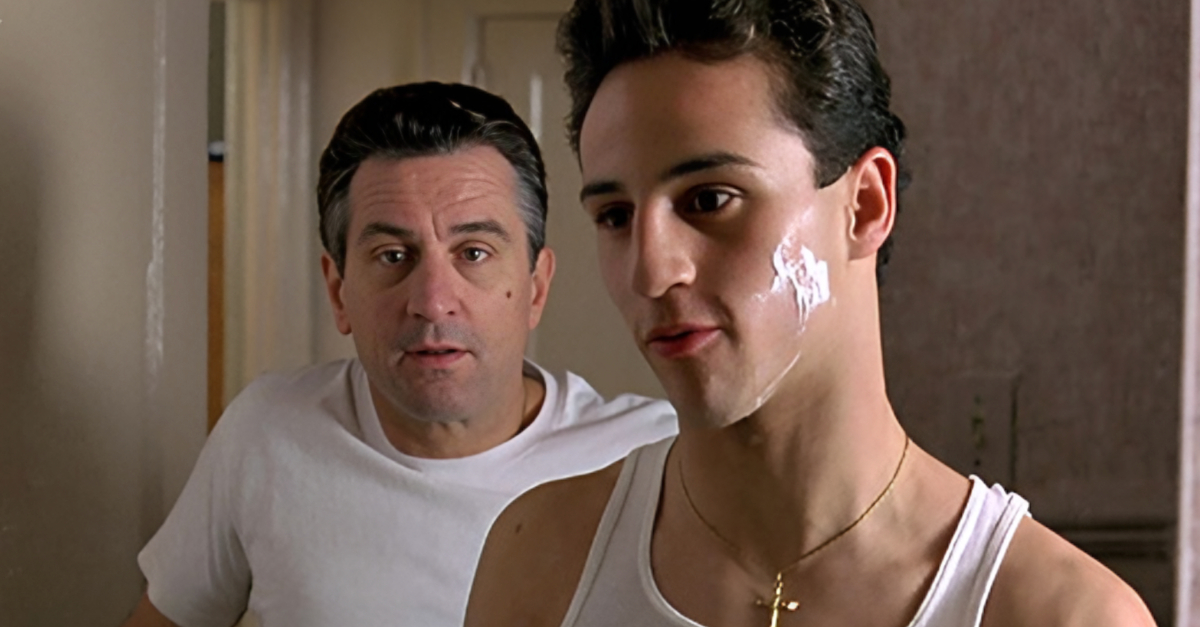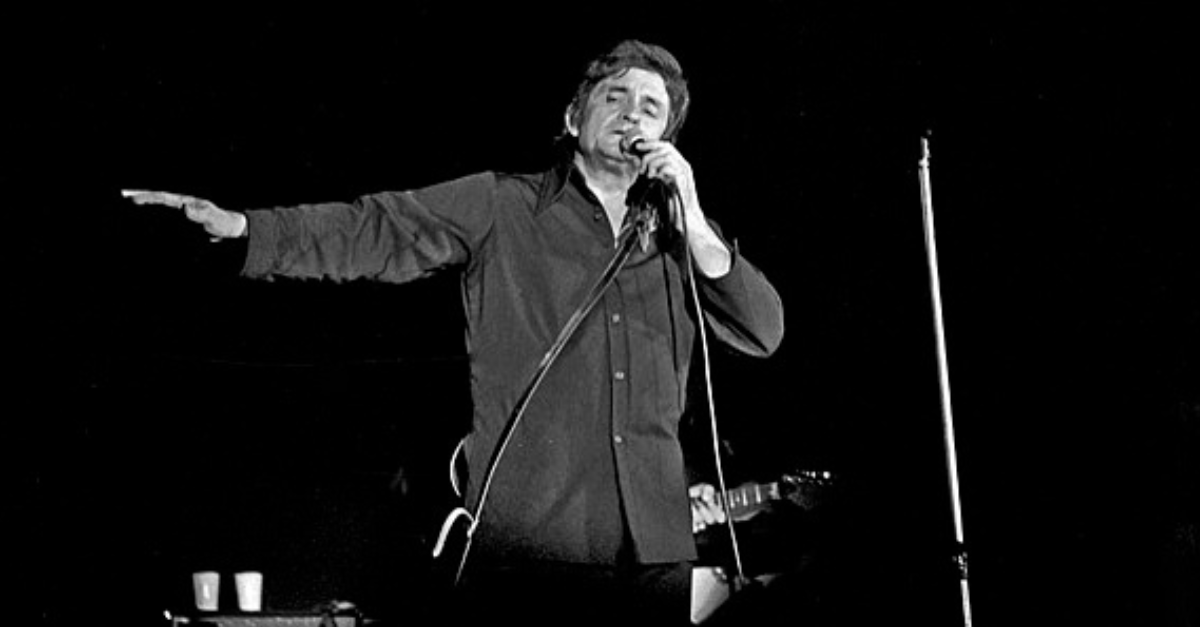The Guitar God Who Walked Off and Changed Rock Forever
Ritchie Blackmore was born on April 14, 1945, in Weston-super-Mare, England, and from the start, he was obsessed with the guitar. His father gave him a cheap acoustic at age 11, and he practiced for hours every day. “I didn’t want to be good,” he later said. “I wanted to be the best.”
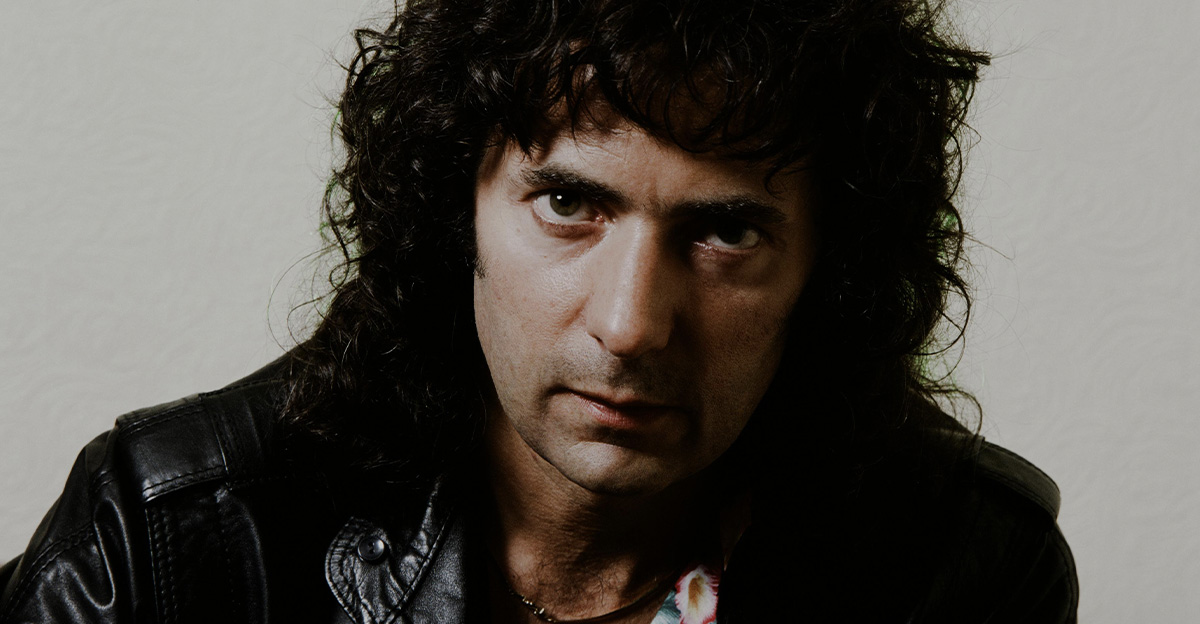
A Classical Edge That Changed Rock
Unlike most rock players, Blackmore studied classical music as a teen. He blended Bach-like scales with raw blues phrasing, creating a completely new sound. One producer joked, “He played like a violinist who wandered into a rock band.” That classical intensity became his trademark.
 Helge Øverås, Wikimedia Commons
Helge Øverås, Wikimedia Commons
Joining Deep Purple and Rewriting the Rules
In 1968, Blackmore joined Deep Purple and helped form what became the legendary Mark II lineup. Songs like Highway Star and Smoke on the Water weren’t just hits—they became rock foundations. His guitar work pushed the band into a heavier, more ambitious direction.
 Warner Bros. Records, Wikimedia Commons
Warner Bros. Records, Wikimedia Commons
The Perfectionist with a Temper
Blackmore’s talent came with a fierce perfectionism. If something wasn’t right—an amp, a riff, a mood—he didn’t hide his frustration. Roger Glover once said, “Ritchie didn’t do halfway. It was brilliance or nothing.” His intensity kept the band sharp but also strained relationships.
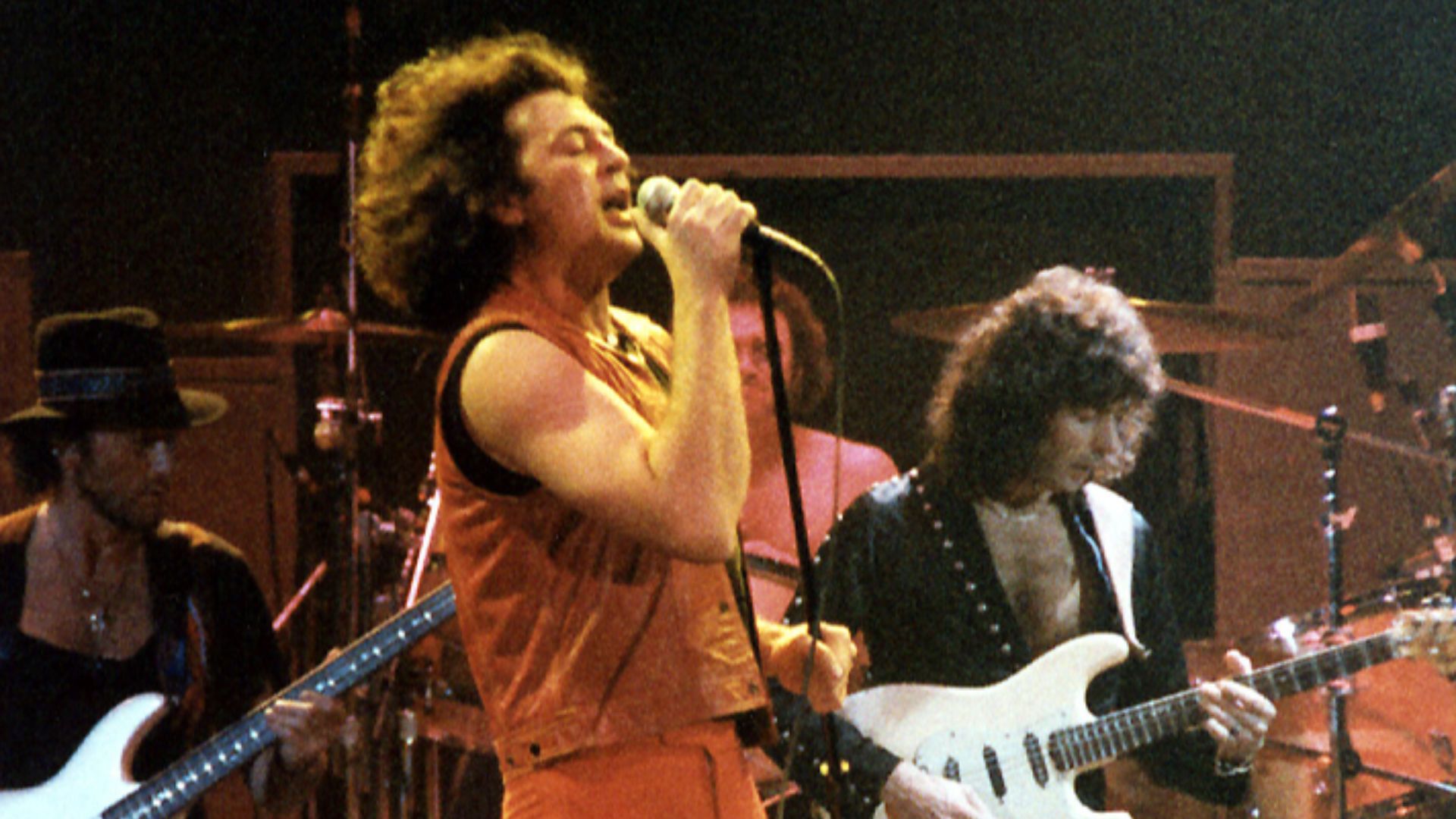 Dana Wullenwaber, Wikimedia Commons
Dana Wullenwaber, Wikimedia Commons
Tension with Ian Gillan
By the early ’70s, Blackmore and vocalist Ian Gillan were constantly clashing. Gillan called Ritchie moody; Ritchie called Gillan uninspired. Some nights, their tension spilled onto the stage. “It was combustible,” drummer Ian Paice recalled. “But that’s partly why the music was so powerful.”
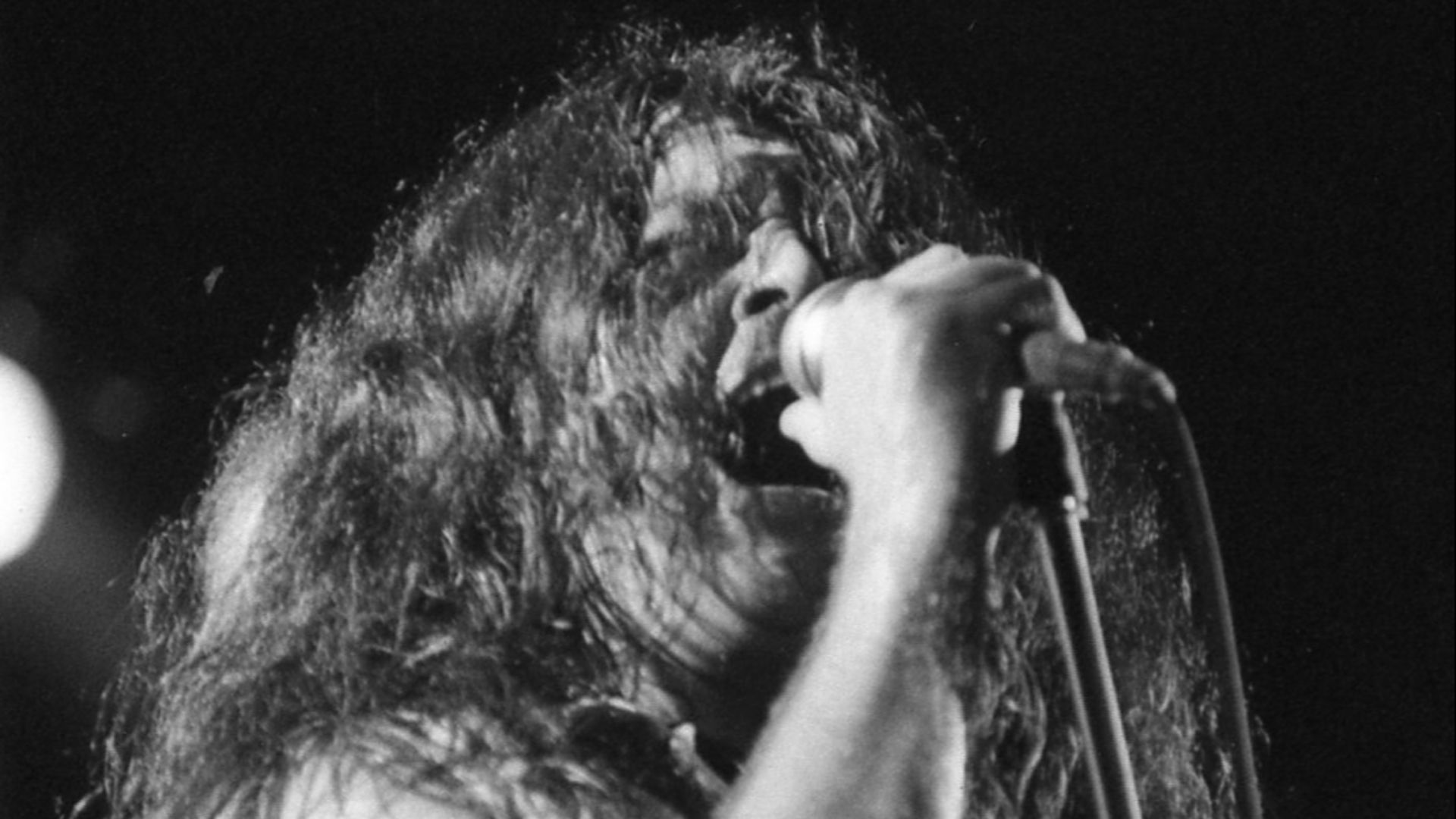 Steve Knight from Halstead, United Kingdom, Wikimedia Commons
Steve Knight from Halstead, United Kingdom, Wikimedia Commons
A Band Drifting Toward Funk
During the Stormbringer era, Deep Purple began drifting toward funk and soul influences—styles Blackmore openly disliked. He later said, “I’m not playing funk. I’d rather leave.” Those musical disagreements widened the divide between him and the rest of the band.
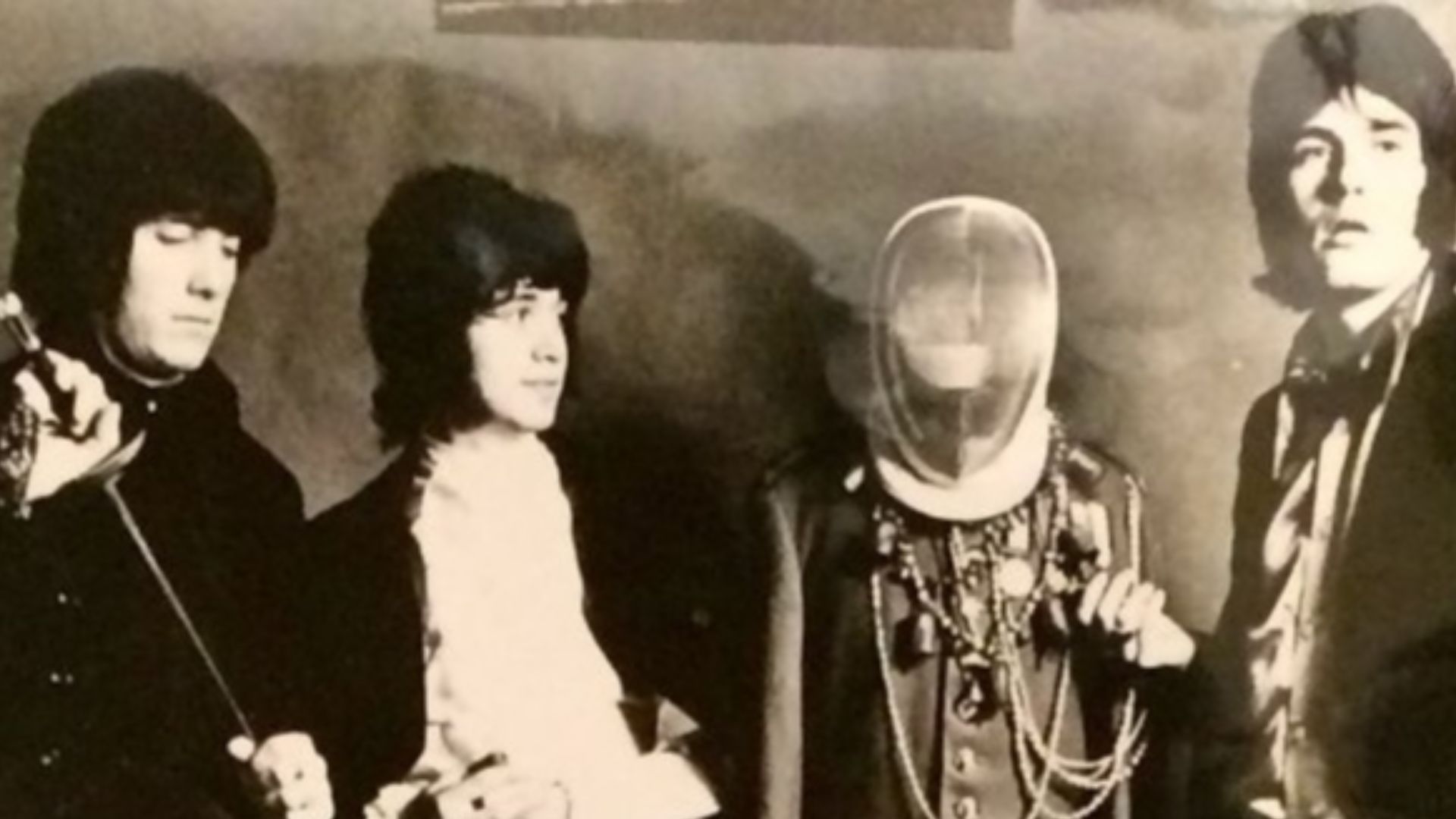 Tetragrammaton Records, Wikimedia Commons
Tetragrammaton Records, Wikimedia Commons
The Frustration Builds on Tour
By the 1975 tour, Blackmore’s dissatisfaction was reaching a breaking point. Crew members noticed he was quieter, more tense, and easily irritated. “You could feel a storm coming,” one roadie said. Every show became a question: would Blackmore make it through the night?
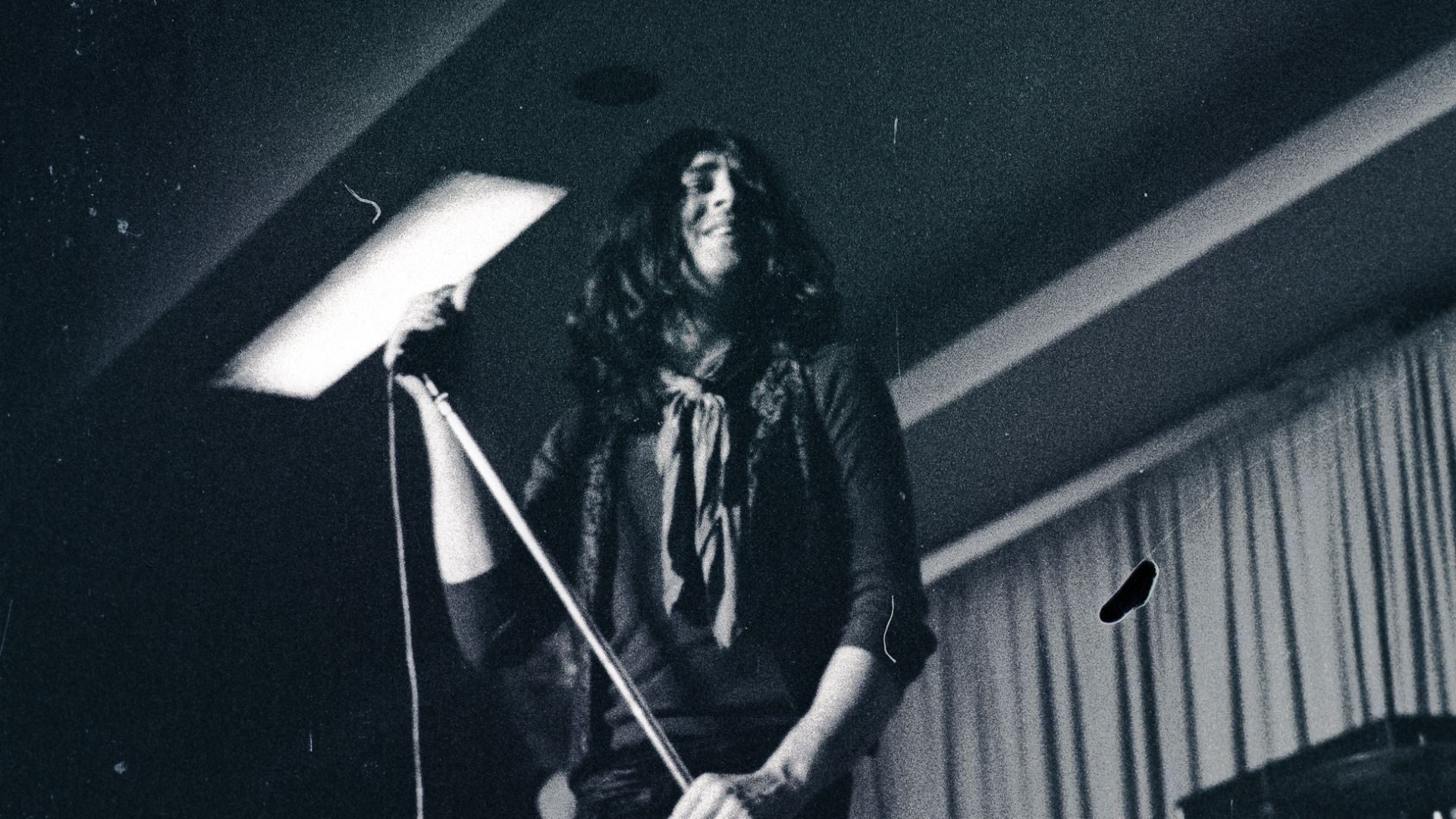 W.W.Thaler - H.Weber, Hildesheim, Wikimedia Commons
W.W.Thaler - H.Weber, Hildesheim, Wikimedia Commons
The Night Everything Snapped
One show late in the tour finally pushed him over the edge—technical issues, arguments backstage, and a setlist he hated. Blackmore finished playing, set down his Stratocaster, glanced briefly at the crowd, and walked off. No one knew it wasn’t just for the night—it was forever.
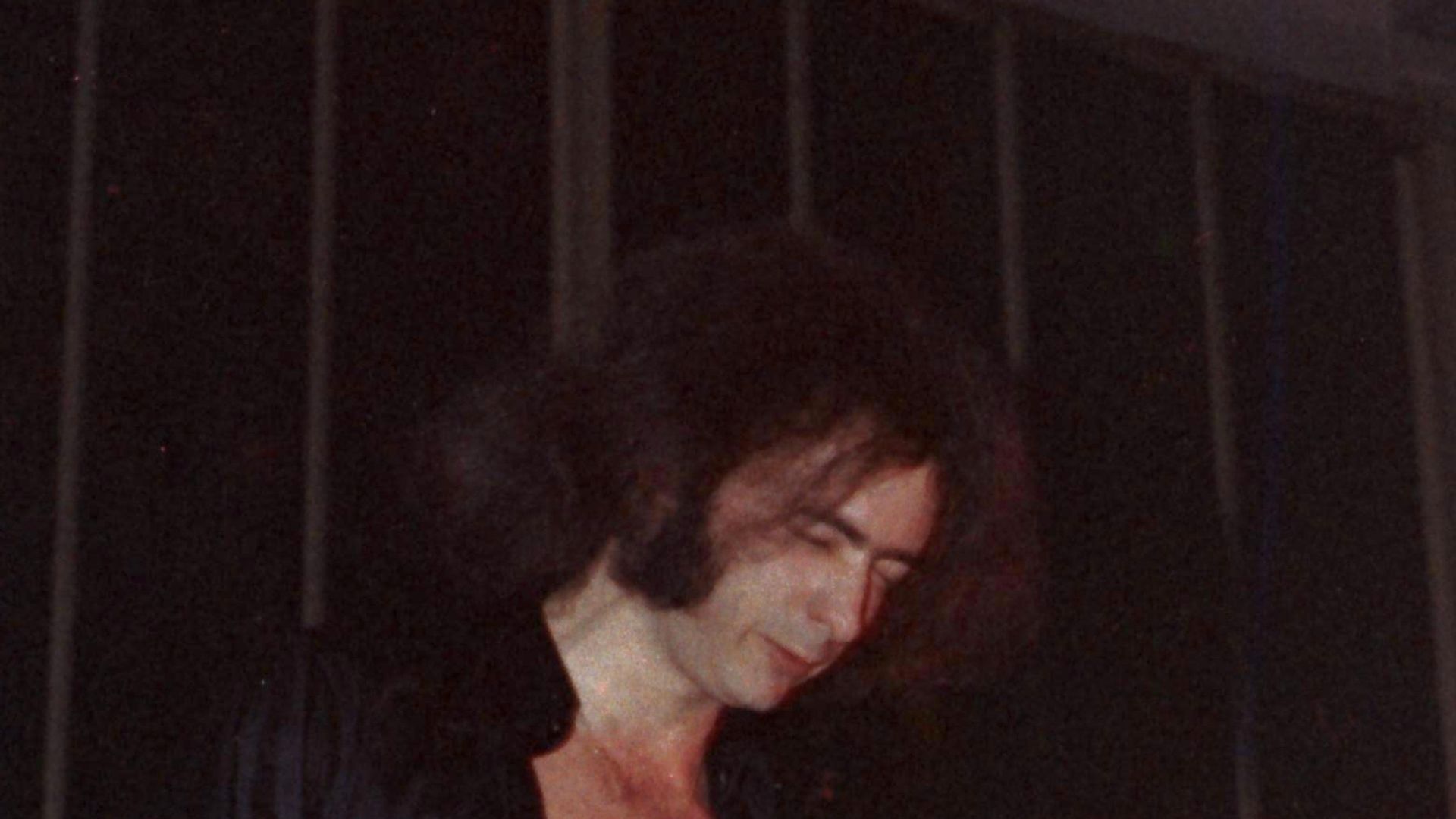 Gladstone~dewiki, Wikimedia Commons
Gladstone~dewiki, Wikimedia Commons
Walking Off Mid-Tour
After that performance, Blackmore refused to return. He didn’t negotiate, didn’t explain, didn’t look back. Management tried to calm him, but he simply said, “I’m done.” That was it. Deep Purple still had commitments, but their guitarist—and their sound—was gone.
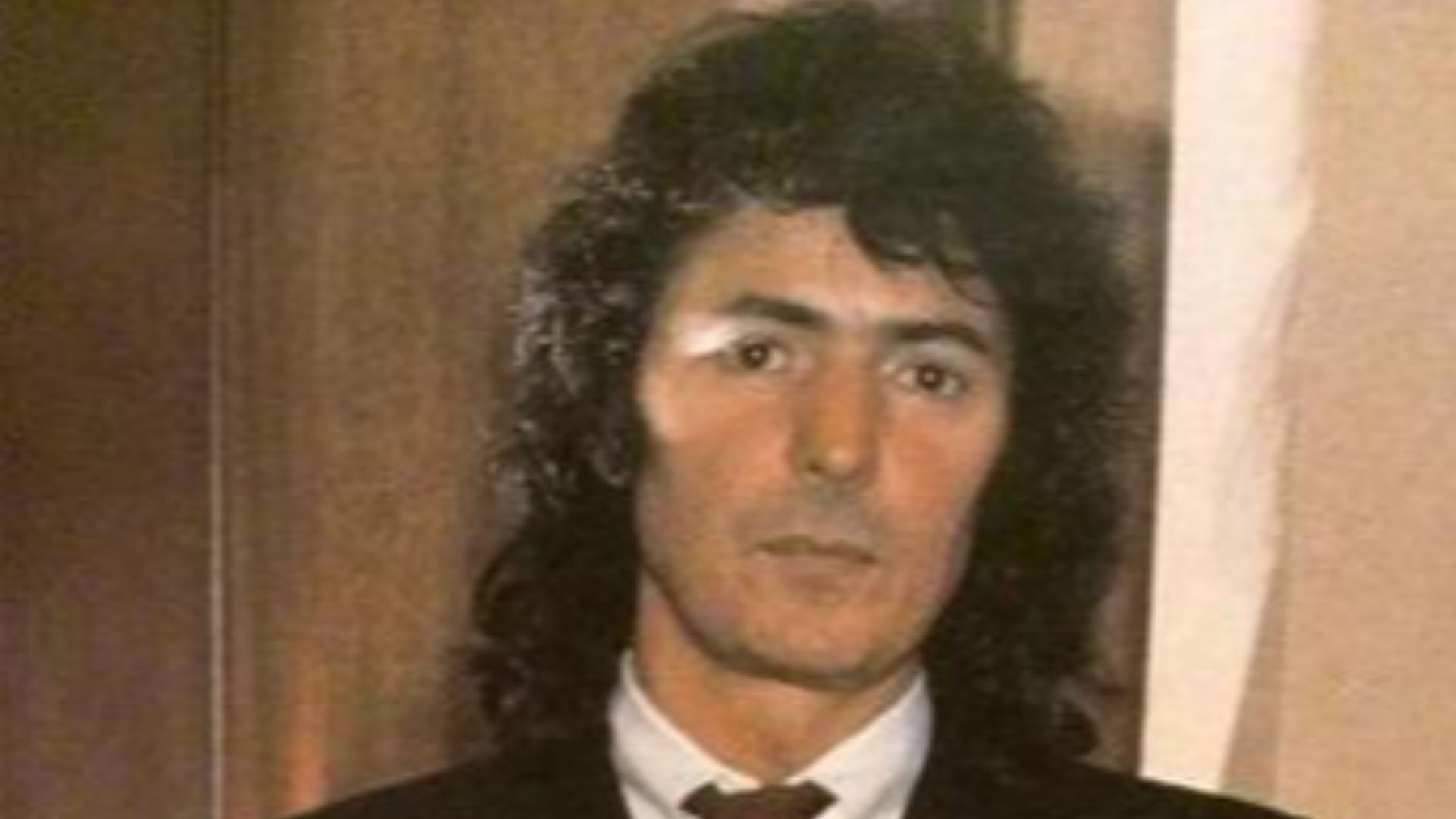 JazzFusionMaster, Wikimedia Commons
JazzFusionMaster, Wikimedia Commons
The Call That Ended Deep Purple
The next morning, Blackmore called the band and officially quit. The remaining members scrambled, but without Ritchie, the group dissolved. “It was like losing a limb,” Jon Lord said. “Painful, but somehow inevitable.” Fans worldwide were stunned by the announcement.
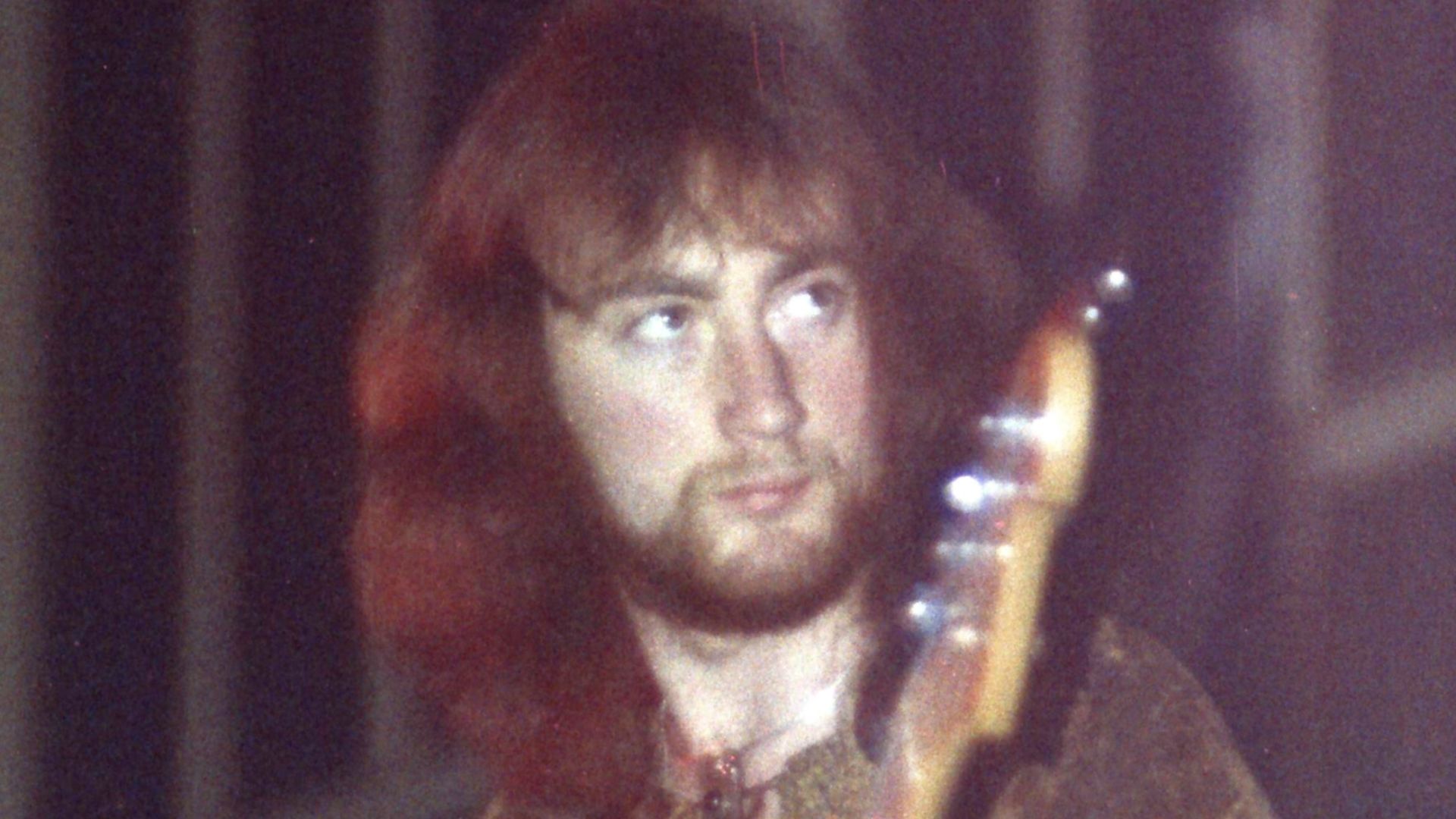 Gladstone~dewiki, Wikimedia Commons
Gladstone~dewiki, Wikimedia Commons
From Ruins to Rainbow
Within months, Blackmore formed Rainbow with singer Ronnie James Dio. Finally free to control every detail, he created dark, dramatic, neo-classical rock that felt like an extension of everything he had long wanted to do. “Rainbow was Ritchie unleashed,” Dio said.
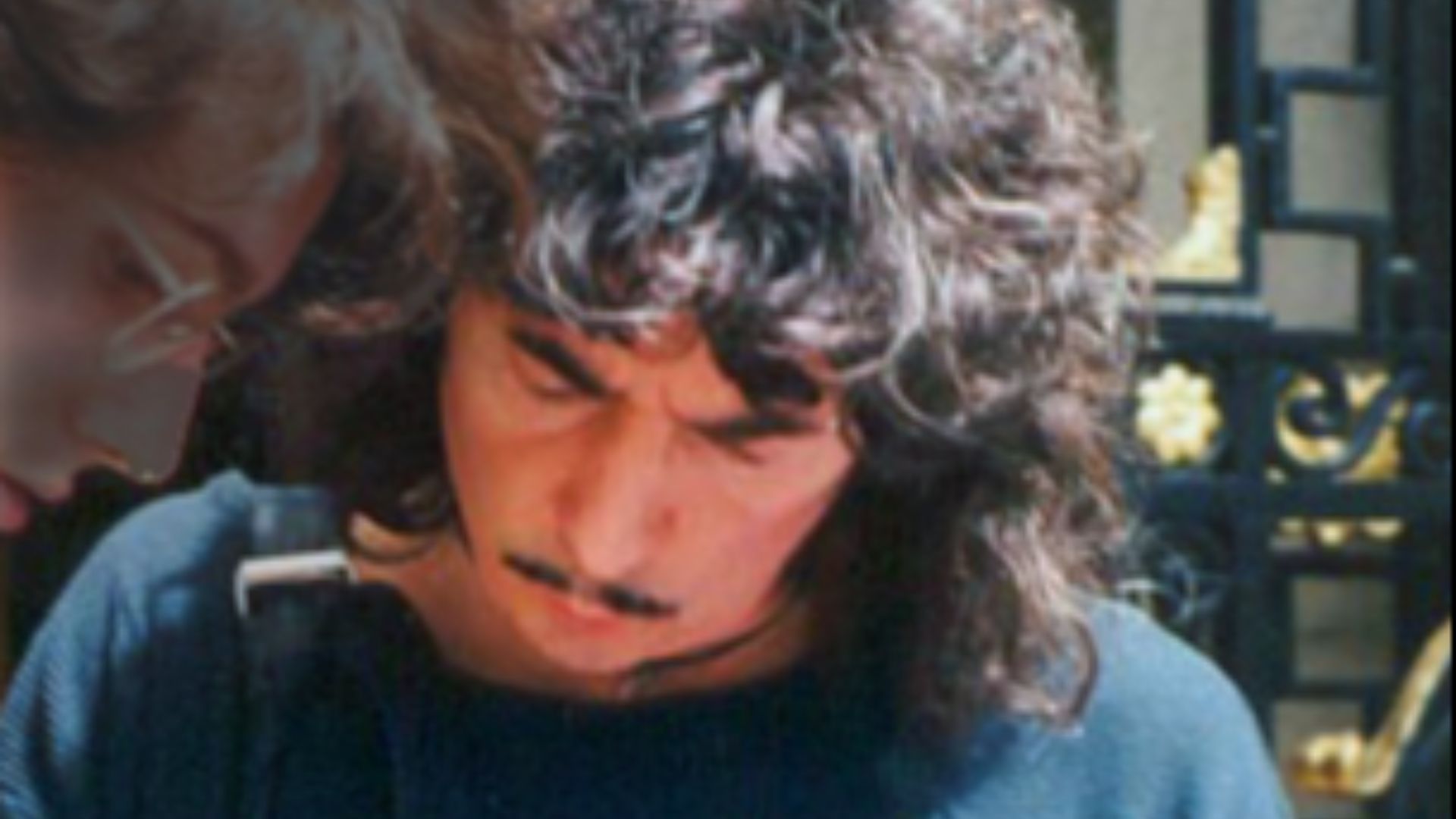 Ferran Nogués, Wikimedia Commons
Ferran Nogués, Wikimedia Commons
Rainbow’s Meteoric Rise
Rainbow quickly gained momentum with songs like Man on the Silver Mountain and Stargazer. Blackmore demanded perfection, pushing the band harder than Deep Purple ever had. But the results were undeniable—epic, fiery, and ahead of their time.
Deep Purple Reacts and Recovers
Deep Purple eventually reunited in the years that followed, but the shadow of Blackmore’s departure lingered. Every lineup was compared to Mark II. Ian Paice said, “You can replace a guitarist. You can’t replace a presence like Ritchie.”
 Jonas Rogowski, Wikimedia Commons
Jonas Rogowski, Wikimedia Commons
The Stories of His Fury Grow
Over the years, legendary stories surfaced—Blackmore refusing to play until a specific brand of water was delivered, delaying shows over lighting, or smashing gear when annoyed. “He could be impossible,” Roger Glover said. “But when he played, it was pure magic.”
A Genius Everyone Respected
Despite the tension he caused, musicians universally praised his brilliance. Joe Satriani said, “Blackmore changed rock guitar forever.” His tone, phrasing, and attack influenced countless players—from metal shredders to classical-rock experimenters.
 livepict.com, Wikimedia Commons
livepict.com, Wikimedia Commons
Blackmore Looks Back Without Regret
In later interviews, Blackmore expressed little remorse about quitting mid-tour. “I follow my gut,” he said. “If something feels wrong, I leave.” To him, music was sacred—too sacred to compromise for comfort or consensus.
 kitmasterbloke, Wikimedia Commons
kitmasterbloke, Wikimedia Commons
A Legacy Carved in Fire
Whether through Deep Purple, Rainbow, or his later medieval folk work, Blackmore left a mark few musicians ever achieve. His riffs became rites of passage for guitarists. His solos? Studies in tension, precision, and emotional intensity.
 kitmasterbloke, Wikimedia Commons
kitmasterbloke, Wikimedia Commons
Fans Who Forgave Everything
Many fans say Blackmore’s unpredictability was part of his mystique. He might walk off mid-show—or deliver the greatest solo you’d ever heard. “When he was on,” one fan said, “you felt like you were witnessing history.”
The Split That Changed Rock
Ritchie Blackmore quitting Deep Purple mid-tour didn’t just fracture a band—it altered rock’s trajectory. His departure created Rainbow, reshaped Deep Purple, and influenced new generations of players who realized that artistic vision sometimes demands dramatic choices.
 Stefan Brending (2eight), Wikimedia Commons
Stefan Brending (2eight), Wikimedia Commons
When Fury Became History
In the end, the night Blackmore walked away became one of rock’s most defining moments. It was dramatic, messy, and deeply human. And with that single act of fury, he rewrote the story of two legendary bands—and of rock music itself.
 kitmasterbloke, Wikimedia Commons
kitmasterbloke, Wikimedia Commons
You May Also Like:
Tommy Lee’s explosive performances made him one of the most influential drummers of his era.
One of Mötley Crüe’s songs was actually based on a real-life incident where Nikki Sixx instigated a brawl in a biker bar…with undercover cops.
Sources: 1, 2, 3, 4


